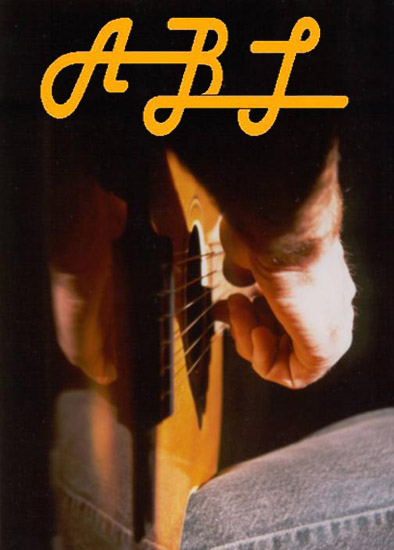|
Column Archive |
||
June, 2010 |
"What's a Song Worth?" |
by Webmaster |
|
We pick things up for a song. That means, we get them cheaply; for just a little more than a steal. Or, is it a little less than a steal? Does this mean that subconsciously we, as a society, don't value songs? How strange. If we think back to the middle ages, songs were the medium of news, history and social commentary. Because of the rhyme and melody, it was easier to remember them, and troubadours went from town to town, writing songs about what happened and then sharing them with folk in other towns. Tribes taught their history orally, in song, or at least, in verse. The nursery rhymes I learned long ago were originally social satire. Because of their song format, many of these ancient songs still survive. People didn't pay to hear the songs. They had to hear them to learn. But the songs, themselves, were free. These days, people can make a living from writing songs. Songs can have monetary value. People pay for CDs and downloads. Stations and venues pay to play songs. Some of that money goes to the songwriter. But people can still listen to songs on the radio or on the internet for free.
I wrote a song that was, in essence, a true story—a story about my dad that has a deep meaning for me. (I Wanted To Fly) It's a powerful song that has gotten a lot of complements from other songwriters and musicians. When I perform it, people come up to me afterward and talk to me about their difficult relationships with their parents. Some people are moved to tears by the song. I am gratified that my song touches people.While I took some poetic license writing the song, I feel that the essence of my experience validates the song. It has truth in it. I'm glad my song touches people. I certainly do not feel that those people are voyeurs. I also believe that my song has commercial potential. So, I sent it to an acquainance who has contacts in Nashville. He responded by asking me if the song was a true story. I replied yes. And then I went on to say that if the song has potential but needs to be changed, I would do that. To me, the song is based on my experience. But the song is not the experience. Problems with the song do not invalidate my experience. So he sent me ideas for change. He did not tell me what to change or how to change it. He simply said he thought the song would be stronger if I changed or added to certain aspects of the song. The changes are mine, and come from my experience. I did not alter the essence, the truth, of the song. I simply added more to make some things clearer. I sent the rough ideas for change back to him and his response was very positive. I don't know what will happen, but I hope that the song gets recorded in Nashville and becomes a hit. I think of it as a song of healing and hope that it helps others whose relationships with their parents was difficult. I also hope it becomes a commercial success.
My acquainance suggested changes to my song that will make it more commercial. If I change the song to satisfy him, am I selling out? Well, my acquaintance in Nashville made suggestions. I don't need to take them. I see the merit in his suggestions. The solutions are mine. I’m not inventing a different story, but tapping into my reality for the solutions. I feel the song will be better because of the changes, so I don’t feel like I’m selling out. I think of him as another collaborator and his input is like the input I ask for and get from my friends and co-writers. And, if my wild fantasy comes true, my song becomes a commercial success, I'll find out just what a song is worth. Thanks for visiting AcousticByLines.
|
|||
| TOP | |||

